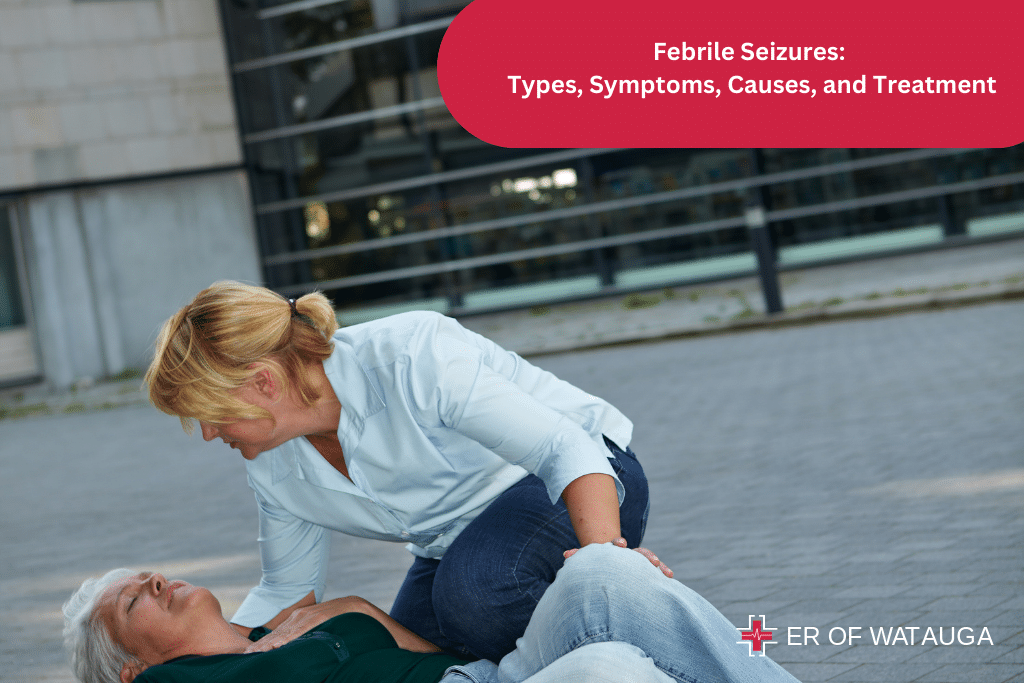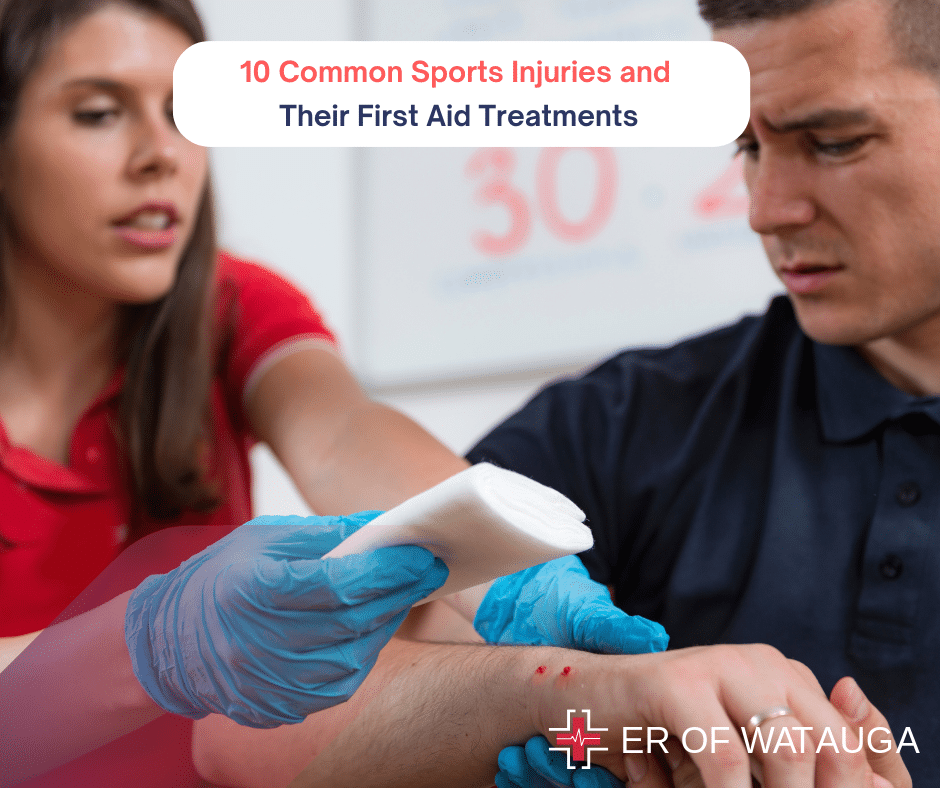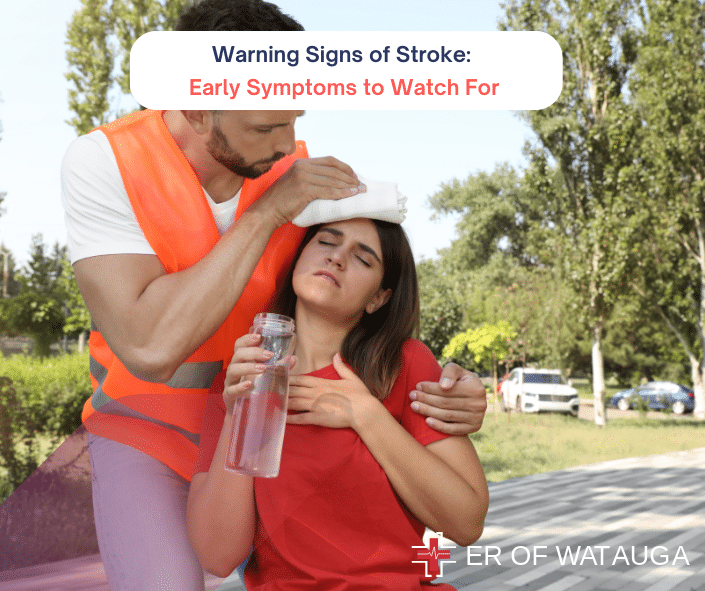Heart attacks remain a burning topic for healthcare providers because they cause death and disability worldwide. Despite advances in medical treatments and preventative measures, heart attacks continue to be a primary health concern due to their high incidence and significant impact on both patients and society.
Additionally, heart attacks are often caused by modifiable risk factors such as high blood pressure, high cholesterol, and smoking, which can be prevented and treated through lifestyle changes and medication. As such, healthcare providers continue to focus on improving the identification and management of individuals at high risk for heart attacks to reduce the incidence and severity of these events.
7 Symptoms of Heart Attack

-
Chest discomfort or pain
The most typical heart attack symptom is frequently described as chest tightening, pressure, or fullness. The left or center of the chest is typically where people complain of chest pain.
-
Breathing difficulty
Even before chest pain starts, having trouble breathing or feeling out of breath can happen during a heart attack. Additionally, chest pain and shortness of breath might both be experienced simultaneously.
-
Experiencing discomfort or pain in different body areas
Some people may feel pain or discomfort in their arms, back, neck, jaw, or stomach during a heart attack. Other than this, lower abdominal pain is another sign of a heart attack that many patients report.
-
Breaking out in a cold sweat
Excessive sweating may indicate a heart attack even when it’s not hot outside. Even in the cold, patients occasionally sweat profusely.
-
Nausea or diarrhea
During a heart attack, some people may feel ill to their stomach or even throw up. Most patients who suffer from heart attacks may not vomit.
-
Dizziness
One of the signs of a heart attack can be feeling faint or lightheaded. Many heart attack patients indeed have this typical symptom.
-
Fatigue
Before or during a heart attack, some people may feel exhausted or extremely fatigued. As a result, it is listed among heart attack symptoms.
It is important to note that other conditions can cause these symptoms, and not all heart attacks cause all of these symptoms. It is best to seek medical attention if you suspect you or someone else may be experiencing a heart attack.
Treatment Options for Heart Attack Patients
Treatment options for heart attack patients can vary depending on the severity of the attack and the individual’s overall health. The main goal of treatment is to restore blood flow to the affected area of the heart as quickly as possible. Some of the most common treatment options for angina attack include:
Medications
Aspirin: This helps prevent blood clots from forming, which can further obstruct blood flow to the heart.
Beta-blockers: These drugs assist in lowering blood pressure and moderate the heart rate, which can lessen the strain on the heart.
ACE inhibitors: By widening blood arteries and lowering blood pressure, these drugs can help the heart’s blood flow.
Thrombolytic: These drugs remove blood clots restricting blood flow to the heart, allowing the affected area to get fresh blood flow.
Procedures
Angioplasty: This surgery utilizes a balloon catheter to open up constrictions or blockages in the blood vessels, which can help the heart receive more oxygen-rich blood.
Coronary artery bypass surgery: A healthy blood vessel from another part of the body is attached to the blocked artery during an operation known as a coronary artery bypass to reroute blood flow to the heart.
Lifestyle changes
A healthy diet: Consuming a diet low in cholesterol, sodium, and saturated and trans fats will assist in reducing the chance of having another heart attack.
Exercise on a regular basis: Regular exercise can improve cardiovascular health and reduce the chance of having another heart attack.
Quitting smoking: It can significantly lower the risk of having another heart attack because smoking is a major risk factor for heart disease.
The stage of the heart attack and the patient’s condition will all affect the treatment options, and the doctor will advise the best course of action for the patient based on the circumstances.
ER of Watauga has the best emergency treatment for heart attacks. People of Watauga and nearby areas can visit the emergency room of Watauga in case of a heart emergency.
FAQs
-
What happens days before a heart attack?
Usually, heart attacks happen suddenly. But sometimes, your heart gives you certain warning signs before a heart attack happens. One of the main signs is the chest pain and pressure that a patient might feel a few days earlier than having a heart attack. Besides this, discomfort in the neck, shoulders, jaws, and other body part is also a warning sign for a heart attack.
-
How can I rule out a heart attack at home?
It is almost impossible to rule out heart attacks at home. If you or someone near you experiences a heart attack, it is recommended to go to the emergency room or hospital as soon as possible. Call emergency services or an ambulance to take him to the hospital if the patient is in serious condition.
-
How does a mini heart attack feel like?
Mini heart attack means the blood flow is partially blocked to the heart. Symptoms are almost similar to the actual heart attack, including chest pain, breathing difficulty, discomfort in different body parts, and excessive sweating.
-
Can aspirin stop a heart attack?
Aspirin is used to liquefy blood so that the chances of heart attack can be minimized. But if a patient has a heart attack, aspirin alone cannot save him. You need to rush to the hospital as soon as possible and get the necessary treatment for the patient. Aspirin helps mini minimizing heart attack chances, but I cannot stop it alone.






